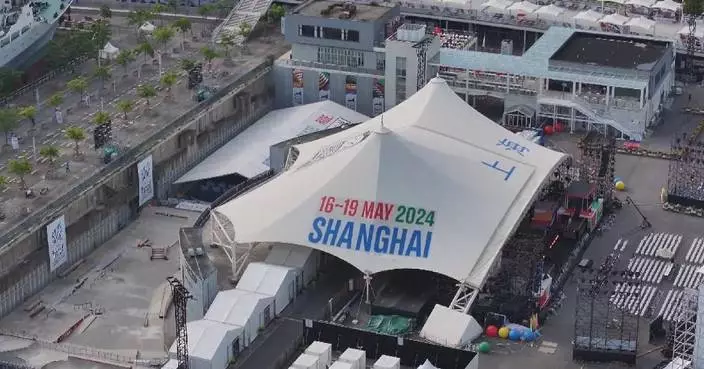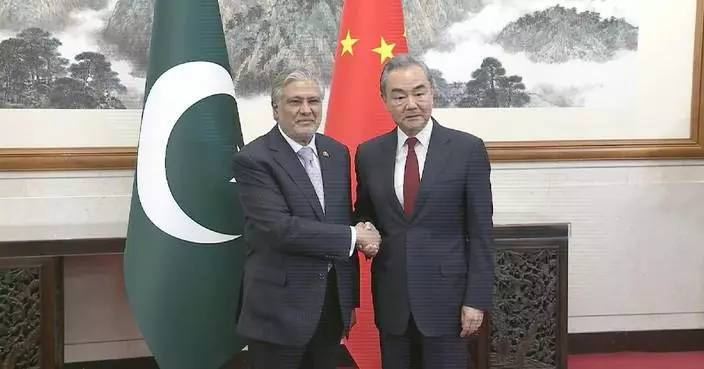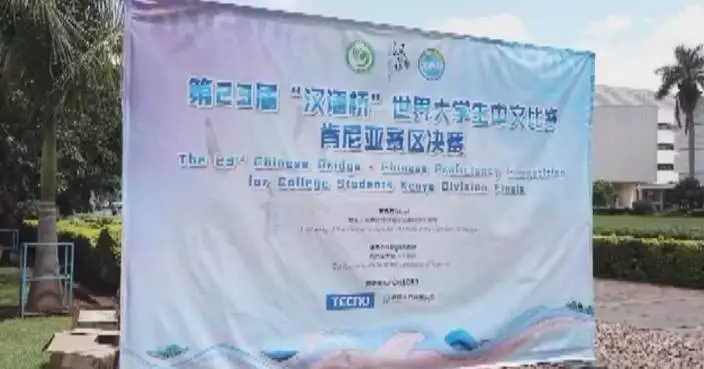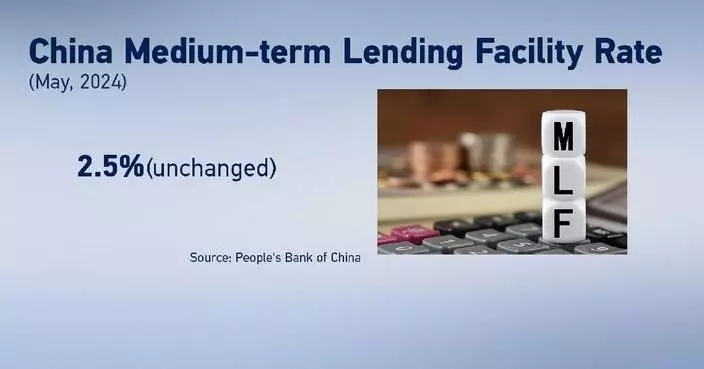Volkswagen will stay in China no matter what happens, said CEO of Volkswagen Passenger Cars Brand Thomas Schafer in an interview with China Global Television Network (CGTN) during the ongoing Auto China 2024 in Beijing.
At the event, which takes place from April 25 to May 4, Volkswagen unveiled its new concept car, designed with "Chinese DNA."
"I'm very excited to be here. As I said, I came here many years ago, often. And now, I haven't been here for a while, and to be back in Beijing to see this vibe is amazing. You see new players, you see old players, reinventing [themselves]. And we are very happy to be here with Volkswagen in China. This is our second home," Schafer said.
Volkswagen founded its first joint venture in China in 1984. Today, its network in the country features 39 plants, 90,000 employees and around 50 million customers.
"Now we've been here for 40 years. China is our single biggest market for Volkswagen, and we have a great plan to stay here and be relevant furthermore, no matter what happens. It's a tough market, it's true, but we have a great plan going forward and strong joint venture partners," Schafer said.
The German company has lately established a new development, innovation and procurement center in Hefei, capital of east China's Anhui Province, with plans of further expanding the center to accelerate the production of its smart electric vehicles.
Schafer said Volkswagen is well prepared for the trend in electric vehicles.
"The future is electric, that is clear, and we see here around us that this is true. The hybridization will play a role for a while. We have a great plan for that, too. We will bring six hybrid vehicles by 2026, a good move forward. But we also have a fantastic fully-electric car portfolio that we will now roll out as a new area that we go into. I think we are well set for that," he said.
Looking ahead, Schafer said the automotive industry will continue to become more friendly to the environment, lauding China as a global role model in this endeavor.
"The trend is most likely going to strengthen, even going further. You'll see many product offerings that are offering more and more substance, longer ranges, easier to use, with that comes [increased] day-to-day use. China as a country, but also the companies [here] have a great plan forward and I must say it shows the way also for Europe and other regions where we should go. The future is carbon free. That's the way to go," he said.

Volkswagen CEO reaffirms strong commitment to Chinese market









